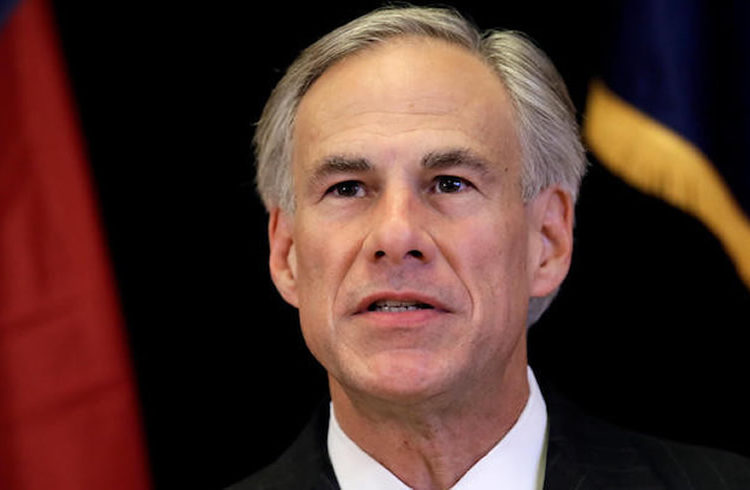The Texan governor, Greg Abbott, and businesspeople from the agricultural industries and docking sector paid a three day visit to Cuba on an economic mission that concluded on December 2.
Texas, the so-called 12th economy of the world, has also long been an exporter of food to Cuba, principally for reasons of geographical proximity.
Texas is also the second most populous state in the USA, with a disproportionate congressional delegation in the House of Representatives, where the Republicans have the majority.
“Gov. Greg Abbott, much like his predecessor, is hardly one to forgo an economic opportunity, even when the politics are tricky,” read an editorial published by the Star Telegram, a Texan newspaper.
The aforementioned predecessor is the Republican presidential candidate and Cuban-American Senator of the same state, Ted Cruz, who is opposed to closer working relations with Cuba, the country where his father was born.
In contrast to his counterparts in other states, the head of the Texan government has not openly participated in public demonstrations of the continuing normalisation of relations with Cuba. Politicians, like the New Yorker Andrew Cuomo or Asa Hutchinson from Arkansas, have stated their support of the reestablishment of relations a number of times.
By discretion (or omission) his arrival in Havana on November 30th looked like a surprise, even though the visit had been planned since at least last July.
Abbott, along with the businesspeople from his state, came to Cuba to claim territory. The trip was paid by TexasOne, a public-private company created by Texas Economic Development Corporation in order to promote trade and investment by the businessmen through trade missions, market research and event coordination, similar to Global NY, which organised Governor Cuomo’s trip.
A Commercial Alliance had been established between Texas and Cuba in February 2003 by consent from a range of individuals who shared the common interest in opening up the Cuban market, principally in the agricultural sector. Their website gives the impression of an established history and also apparent hibernation – their media updates are dated 2004.
Abbott’s agenda in Havana was packed: a tour around the quays of Mariel, meetings with the Ministry of Foreign Trade and Investment, the Chamber of Commerce, the corporation CIMEX and representatives from Alimport – the company in charge of buying agricultural products from the USA.
A communiqué from Abbott’s office that was made public recently refers to the port’s potential as a “future possibility of serving as a container transshipment facility for a U.S. (post-embargo) commerce has major competition from high-tech Port of Miami, the closest American port to the new Panama Canal expansion.”
Along with the rest of the US agroindustry, the farms of Texas have seen their sales to Cuba decrease in recent years, from over 93,000 tons in 2012 to barely 60 last year. Almost double of that was sent in the last 11 months, according to figures from the US-Cuban Trade and Economic Council published in a local paper.
It is improbable that a US state official would serve as a defibrillator for an area where economic relations can only be revived by actions from Congress.
In this matter, the situation has already reached the point of suggesting the lifting of restrictions that only affect food exports, leaving the rest of the embargo for later.
“For me there are two logical steps: first, approve laws that permit the extension of credits in agricultural sales and continue relaxing travel restrictions,” said the governor of Arkansas, Asa Hutchinson, in a press conference at the end of his visit to Cuba at the beginning of October.
Like other politicians from his Party, Abbott has openly criticised Obama regarding the real possibility of fast-tracking a partial lifting of the embargo through a presidential decree. As Attorney General of his state, he demanded democratic administration in front of tribunals on dozens of occasions. But as with so many of his party members, including the magnate Donald Trump, he recognises that the White House is right in its rapprochement with Cuba.
The message is clear: even in places as unlikely as Texas, local interests favour normalisation and take priority over political principles that are unfounded in economics.










